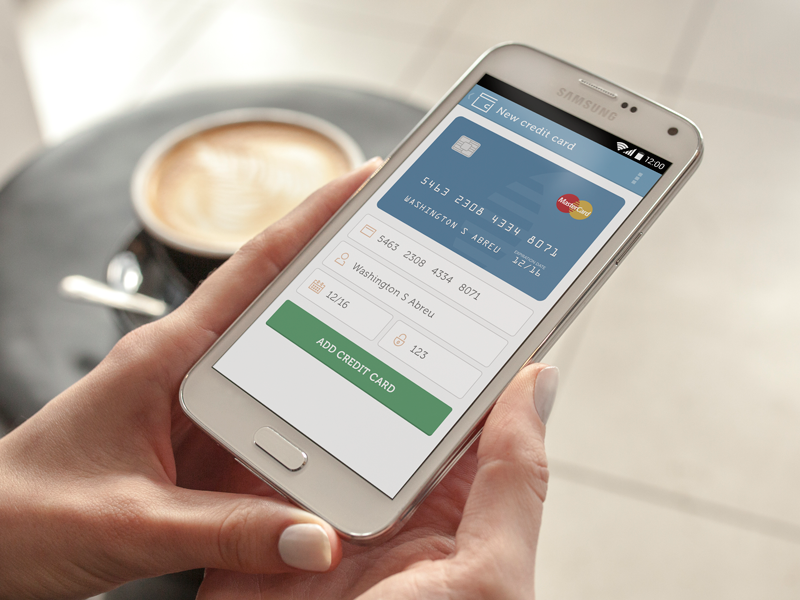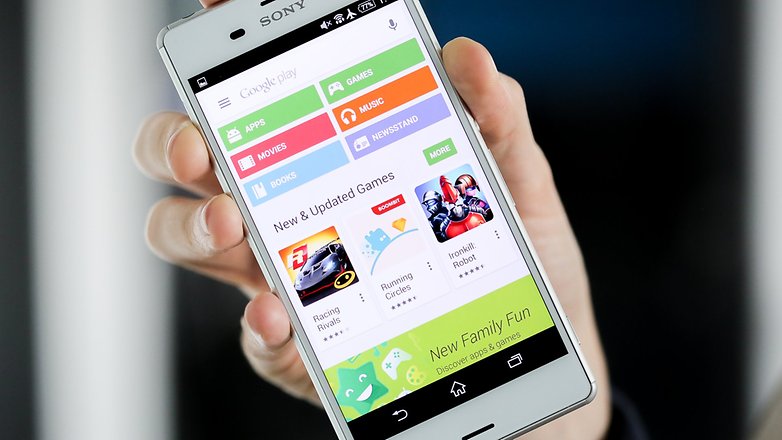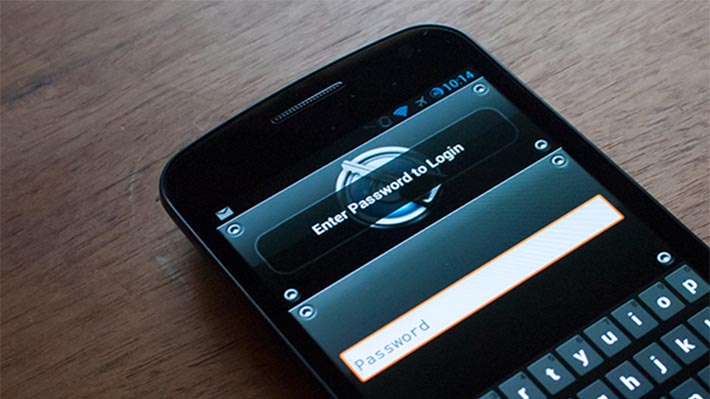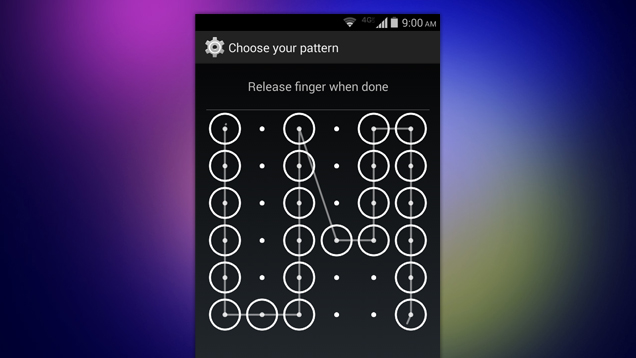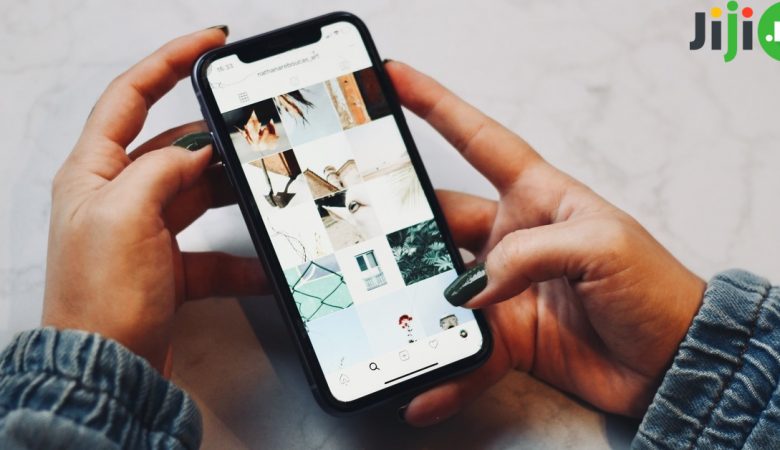There are now millions of smartphones around the world, but the more phones there are, the higher is the security threat. Mobile phone manufacturers regularly present us with new security mechanisms, but hackers and other digital criminals often stay one step ahead. A hacker’s attack on your smartphone can make you lose more than just your contact information and photos – the criminals can get their hands on your personal and financial data, which means the consequences can be very negative. However, there are still effective ways to protect your Android device, and now we’ll tell you about them.
Create several user accounts
It’s very common for parents to share their mobile phones with their children or to have one tablet for the whole family to use. Maximize the protection in case several people use one device by creating a separate account for every user. That way you’ll make each user’s data private and lower the chances of a security breach in case one of the users isn’t careful enough.
Use an anti-virus
Most electronic devices available in the market today are subjected to viruses and malware that can do a lot of harm to the device. Unlike Apple devices, which claim to be virus-free, Android phones and tablets are under a constant threat of numerous viruses attacking the devices. But with the right kind of anti-virus software you can minimize the security threat for your phone or tablet.
Avoid sharing your financial data
Nowadays online shopping is easier than ever, and you can choose and pay for the necessary products using nothing but your Android phone. However, if you pay with your credit card and share your financial information, like the cardholder’s name and CVV number, with third-party apps, no one can guarantee the safety of your financial information. We recommend shopping online using your home computer instead, where security mechanisms are usually more up-to-date and advanced than on mobile platforms.
Download apps safely
Android’s Google Play is a very diverse app store, where you can find any app you imagine. However, not all of these apps are completely safe, and some can be very harmful to your device. Before you download any app, you need to read the app description, terms and conditions, and user reviews to determine whether the app can be trusted. If you have a reliable anti-virus installed, check every app you install with anti-virus software to eliminate the threat.
Don’t save your passwords
Many Android apps can remember your username and password, which is very convenient if you don’t want to re-enter the password every time you use the app. Nevertheless, there are cases when it’s better to prevent the app from remembering your data – for example, when you use a shopping app that requires your banking information, or when you download an app from your bank. You can also have a separate app for storing your passwords, but make sure it’s secure enough.
Don’t ignore standard security
Android takes the security of their users pretty seriously, which is why your phone or tablet has a number of standard security measures to prevent the data breaches. One of the most effective ones you can use is the screen lock protection. You can choose from several protection types, including PIN-codes, passwords, and patterns, which won’t allow the device to unlock the screen unless you enter the code or pattern correctly. This can prevent other people from getting into your phone when you’re away from the device.
Buy and sell mobile phones with Jiji



